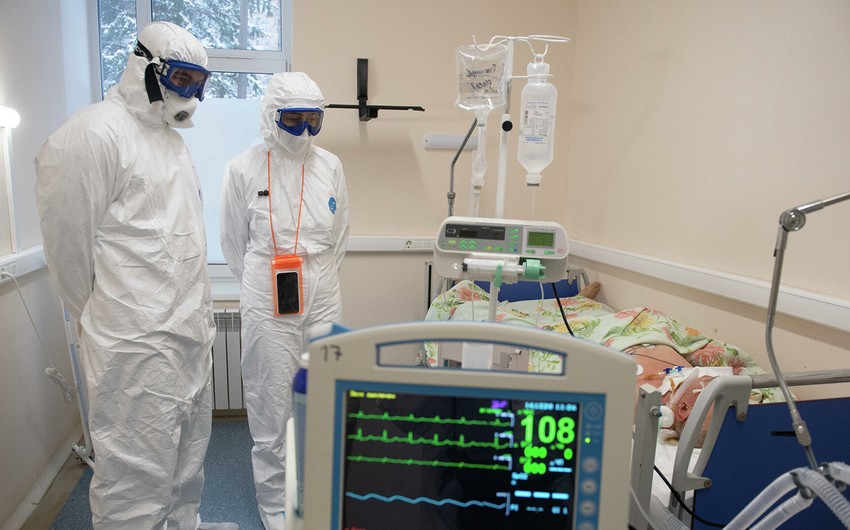Scientists have named a new cause of the severe COVID-19 associated with autoimmunity, Report informs citing Nature.
Scientists studying COVID are increasingly highlighting autoantibodies' role: rogue antibodies that attack either elements of the body's immune defenses or specific proteins in organs such as the heart.
In contrast to cytokine storms, which tend to cause systemic, short-duration problems, autoantibodies are thought to result in targeted, longer-term damage, says Akiko Iwasaki, an immunobiology professor at Yale University.
Several research groups screened 194 patients and hospital workers with varying severities of COVID for a wide range of autoantibodies. Their study, which was posted online in December and has not yet been peer-reviewed, found a higher prevalence of autoantibodies against the immune system in infected individuals than in uninfected people. They found autoantibodies that attacked B cells, as well as some that struck interferon.
But this study also suggested that SARS-CoV-2 might cause the body to generate autoantibodies that attack its own tissues. Some of the infected individuals had autoantibodies against proteins in their blood vessels, heart, and brain. It was particularly intriguing because many of the symptoms seen in the pandemic are linked to these organs. It's unclear whether COVID-19 caused the body to start making these autoantibodies or whether infected people had them already. Iwasaki says they are hoping to study other cases to establish whether there is a causal link; that would require obtaining more blood samples from before people become infected.


 https://static.report.az/photo/57ddda67-7842-3b7b-95eb-797031ae480a.jpg
https://static.report.az/photo/57ddda67-7842-3b7b-95eb-797031ae480a.jpg

